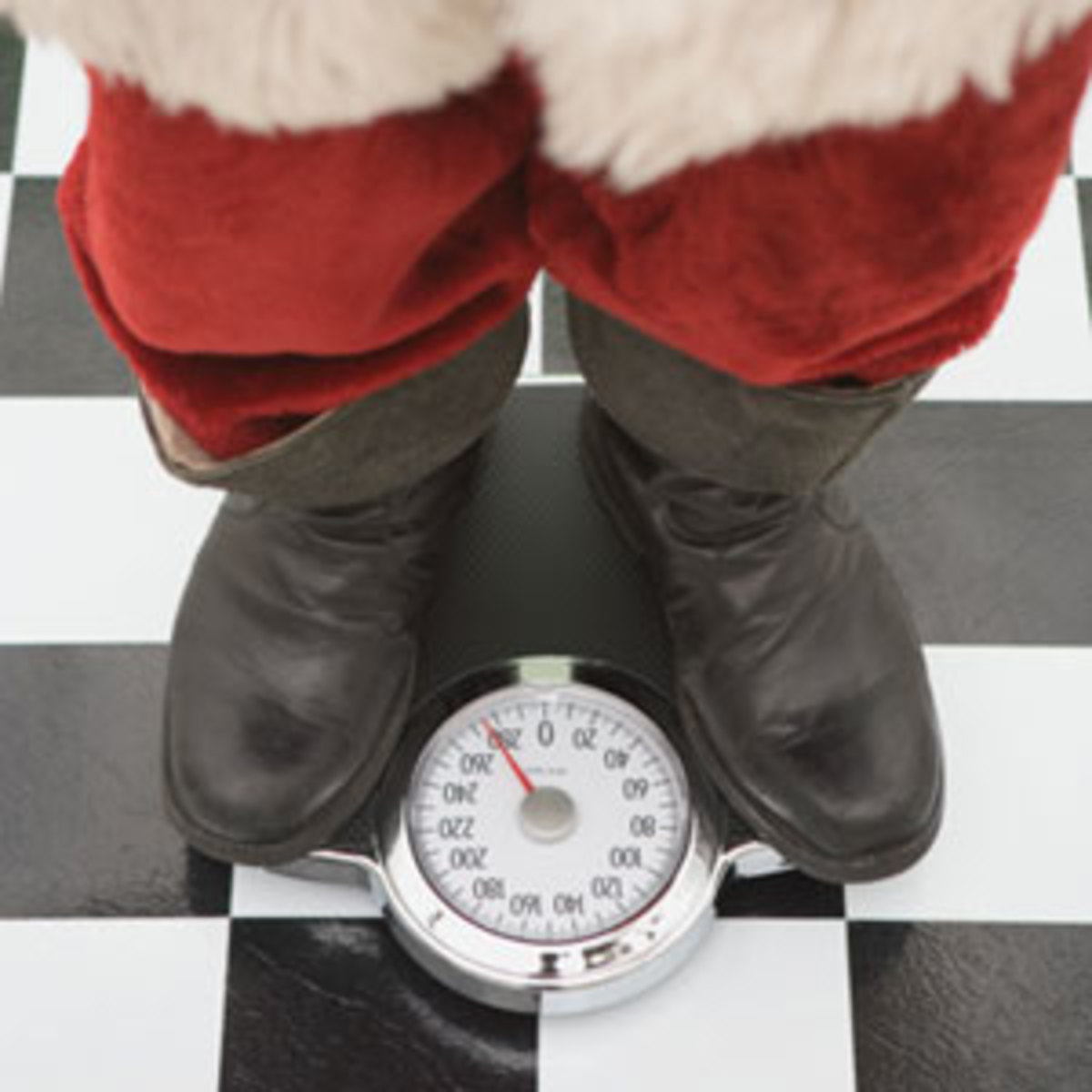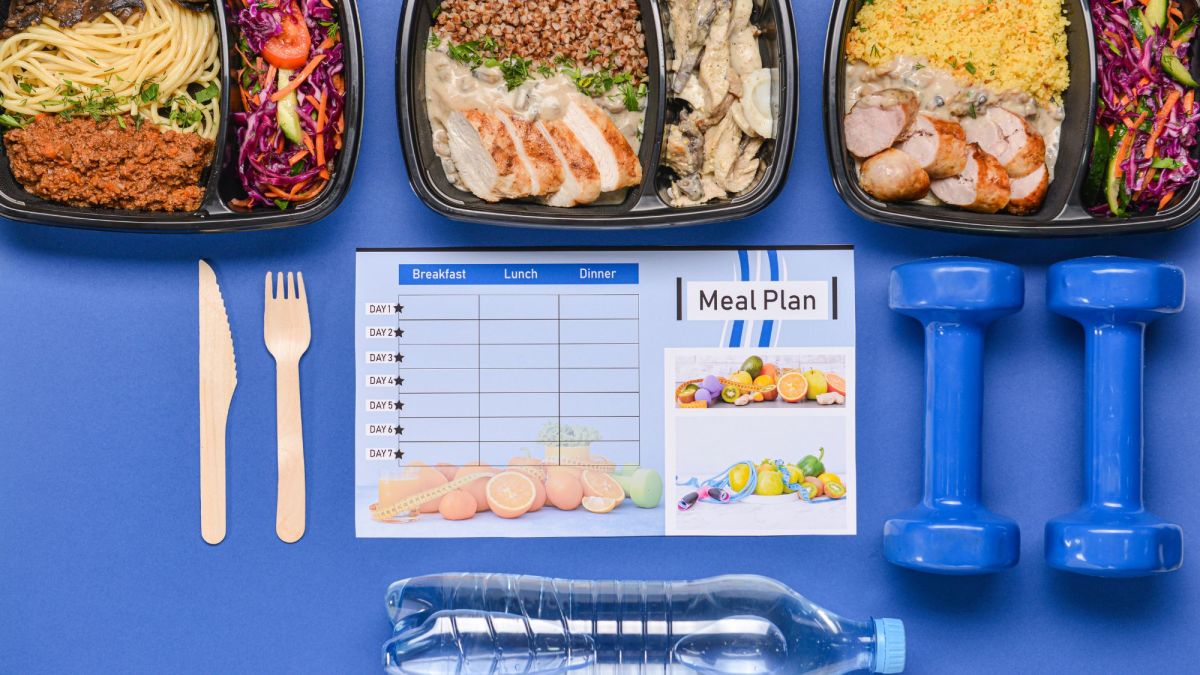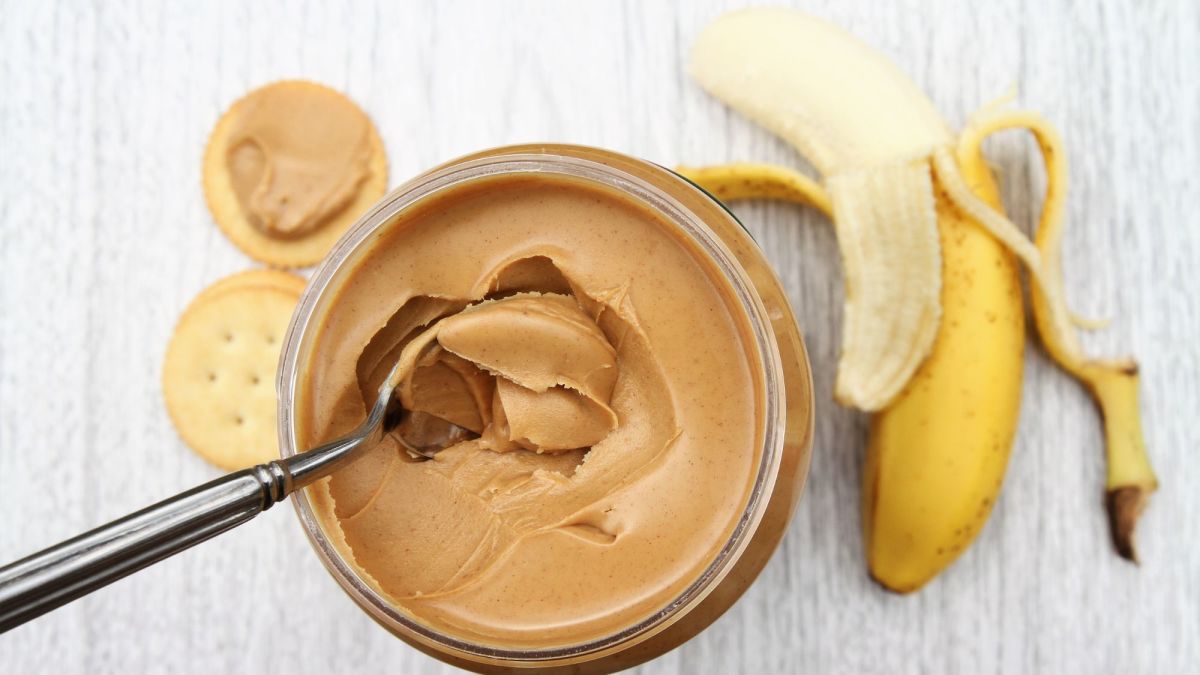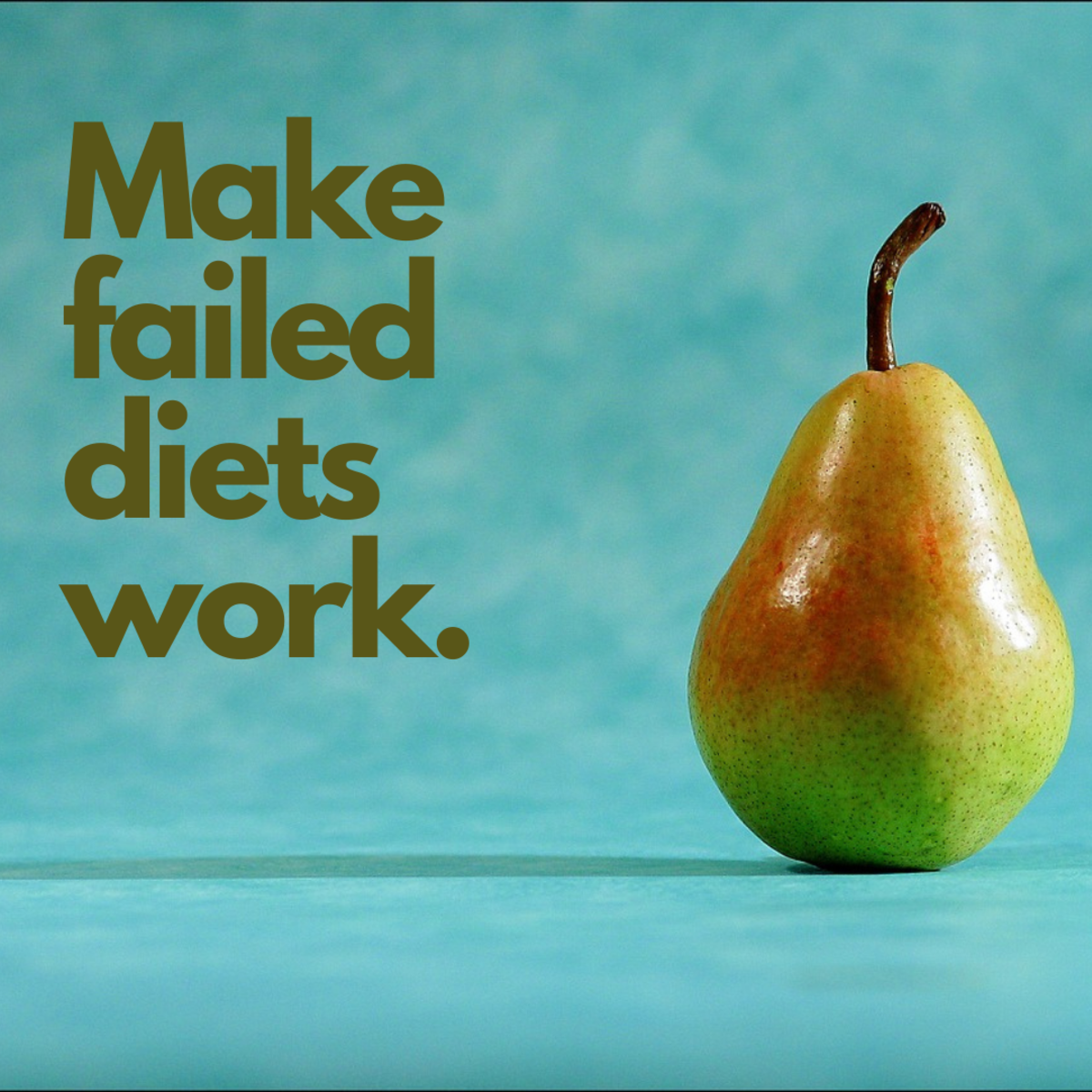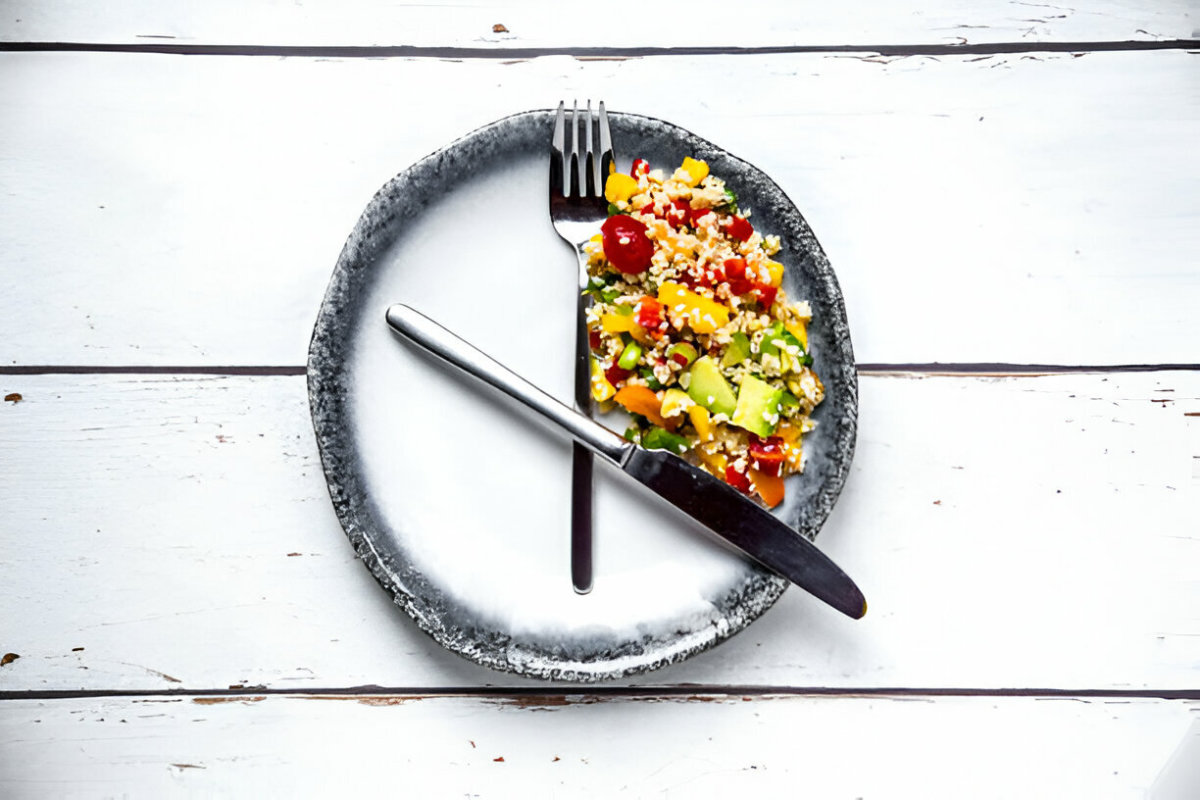Proven Weight Loss and Weight Management Techniques
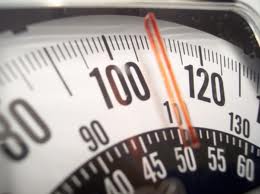
When it comes to losing and managing weight everyone responds to different things. This article lists several hard-won strategies I have found for losing and managing my own weight. I’m in my early 40’s and currently weight 175 pounds, but 15 years ago I maxed out at 238 pounds. I can still remember the day in 1997 when I stepped on that scale at the YMCA and saw that staggering number. I hadn’t weighed myself in years, believing that it was not important to regularly check my weight, and I was stunned at how heavy I had become. The pain of that day helped spur me on to a healthier lifestyle and my current weight, but by no means has it been a straight line down from 238 to 175 over the past 15 years. There have been numerous ups and downs along the way, but I think I have finally arrived at a place where I understand how my body works and responds to food and exercise. So, in this article I have tried to boil down the lessons I have learned over the years. Some may work for you and some may not. Try them out, keep what works, and discard the rest. However, I think overall the secret is that there really is no secret.
Step on the scale every day
This goes against everything you read, but I have found that I need to do this to prevent my weight from getting out of control. It just doesn’t work for me to weigh myself once every 2-3 weeks. I need daily feedback to keep my weight in check. If I don’t get this I find myself on the slippery slope of denial that quickly leads to a ten pound gain. I recently had a weekend where my weight jumped from 177 to 182 for no clear reason. However, since I discovered it quickly I was able to cut back for a few days and bring my weight back down to the 170’s. Without the immediate feedback I could have gained 10 pounds before noticing and as we all probably know it’s much easier to lose 5 pounds than 10. I also weigh myself at the same time every day to avoid the introduction of other variables into the weight since our weight changes throughout the day.
Become familiar with portion sizes and calories
I think this is where the rubber really hits the road and is the "secret" to plans like Nutri-System. I tend to eat the same food items on a regular basis, and have learned what are normal amounts for these foods by reading the boxes and weighing the food. You don’t have to do this all the time because after a few days of weighing items you get a visual idea of how much a serving is. Now I weight these foods when I make them at home because it’s so easy to consume 800 or more calories without even realizing it. Some foods you don't really have to worry about like most vegetables, but then there are danger foods like bread, pasta, and rice that are very calorie dense. It’s shocking to see how little pasta or rice it takes to reach 400 calories. During the week I try to keep my calories below 2500 per day and my dinner to less than 600 calories. There are free websites that can estimate for you how much calories you burn a day based on your size and activity level. I try to stay below this magic 2500 number during the week, but on the weekend I don’t count. There are also sites for tracking calories like fitday.com that are extremely useful.
Build in cheat days

The plain and simple fact is I need cheat days to be successful over the long haul. I have learned hard that the longer I stay on a strict food regimen or diet, the harder I fall when I finally break. So, to combat this psychological effect I have to build in cheat days. What works for me is eating well during the week, keeping below my 2500 calorie target, and then having cheat days on the weekends where I eat at places like Olive Garden and indulge in ice cream.
Treat breakfast and lunch as functional meals
The idea behind this is that every meal doesn't have to be special or exciting or fun. Sometimes we just need to eat for fuel and energy. So, I have learned that during the work week it is best if I just treat breakfast and lunch as functional meals. I pretty much eat the same thing for breakfast every day, a yogurt and bowl of oatmeal with some peanut butter, which adds up to around 400 calories and is a great way to start the day. I enjoy It, but I just view it mostly as fuel to get my day going. Is also get into routines for lunch where I eat the same thing for long periods of time like a turkey sandwich. I also found it works if I nibble throughout the work day so I don't eat my sandwich all at once, but maybe half at 11am and the other half at 2pm. This helps prevent that mental lull after having a big meal. The point is that during the week it works best for me to keep it simple it treat it as a functional part of my day like brushing my teeth or working out.
Exercise 4 times a week

Exercise is another critical component to my weight management strategy. It's not always fun and can often be tedious, but I found I have to do it to successfully maintain a healthy weight. Through trial and error (mostly error) I have found that more than four days a week is too much because I start to get burned out and less than this is not enough to keep the weight off. I also use a heart rate monitor to make sure I am in the correct zone and that I am working hard enough. If you’re not sweating you’re probably not working hard enough. For me this means I need to be above at least 145 beats per minute. I have tried workouts where my heart rate is below this, but I don't seem to get much benefit from them. I also do intervals to make the workouts interesting and break up the monotony. The interval length is anywhere from 5 min to 15 minutes depending on intensity and with a 2 to 4 minute rest in between. My total workout usually ends up between 40 to 60 minutes. I also use mostly elliptical machines. I would like to run, but my feet and back can no longer take the pounding. For some good exercise information I recommend to book Which Comes First, Cardio or Weights? shown at right.
Discover your food sensitivities
For some it’s sugar and for others it’s refined wheat or gluten. I recently gave up coffee for other reasons and surprisingly discovered two weeks later that my weight dropped 5 pounds. So, my guess is that my body was reacting to some substance in the coffee that caused me to carry more weight. There have been other benefits, I sleep better at night, and I am saving about $50 dollars a month in expenses, but the weight loss was surprising. So, my point is that there may be a food or item out there that you are sensitive to and that makes you carry more pounds. Some typical foods you might be sensitive to include rice, eggs, and dairy products. Again, it’s all trial and error. I have heard of elimination diets that provide rigorous ways to determine your food sensitivities, but I found them to be to challenging as you had to eat very little for two weeks to clear your system and then gradually introduce food items back into your diet and observe your response. However, if you suspect this is a problem for you this may be the way to go.
Well, these are the strategies that work for me. You have probably heard them before, but I thought it would still be good to share my own experiences. Good luck on your weight loss or weight management journey.



